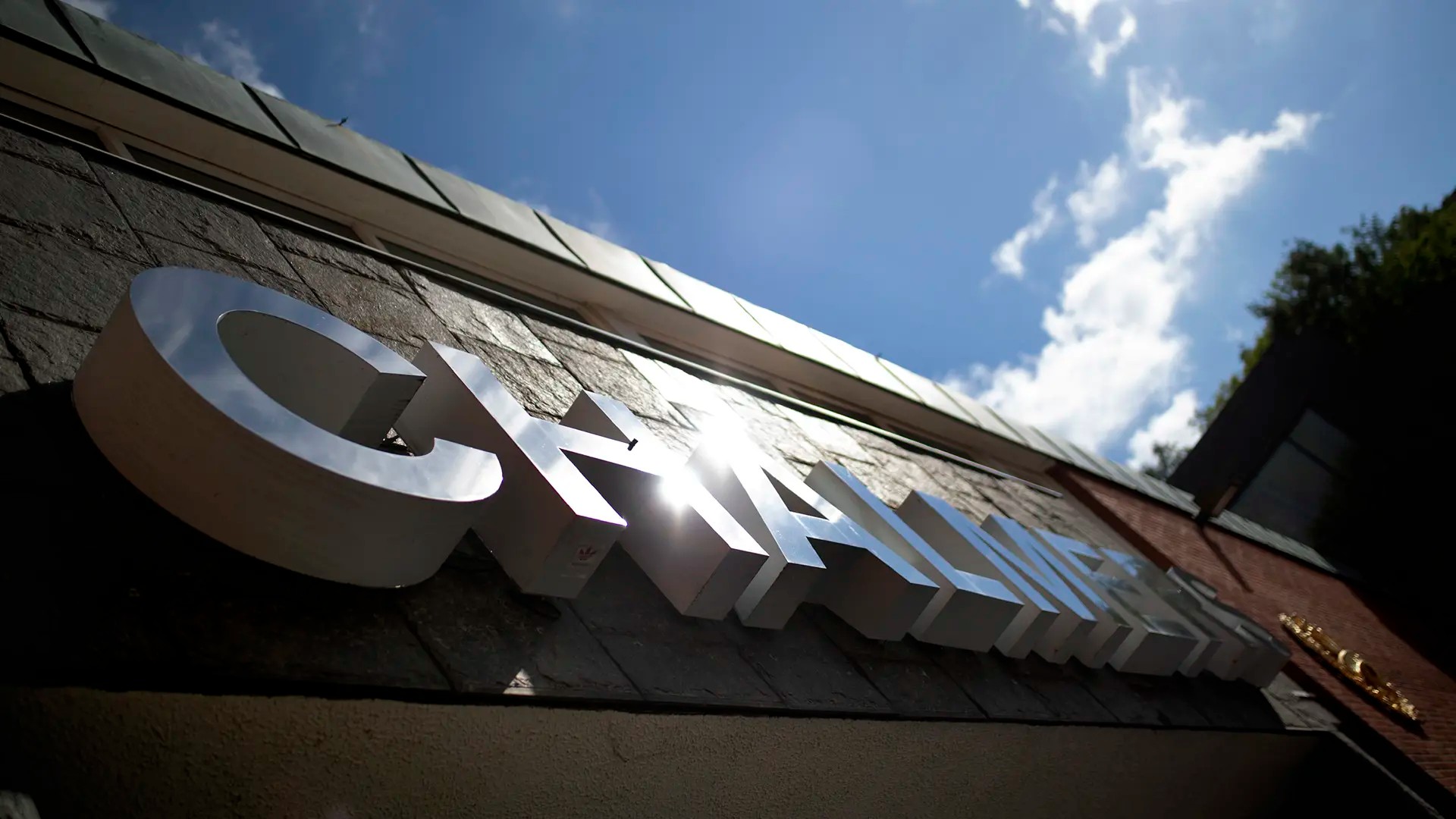
Chalmers’ climate strategy is based on the Climate Framework for Swedish Higher Education and breaks down into the seven sub-areas where we have the greatest ability to have real impact and make a difference. We have drawn up strategies and objectives for each sub-area corresponding to the UN’s global sustainability goals and Agenda 2030.
We regularly and meticulously monitor developments through our own sustainability and climate reporting, reports on the rate of recycling and reports from our suppliers.
Chalmers’ climate strategy consists of seven big steps towards practising what we preach. By the year 2030, our greenhouse gas emissions will be halved compared with the base year 2019 – and by 2045, our net emissions will be zero. You can read more about each area below.
Research and utilisation
Chalmers will use its research, collaboration and utilisation to be an international trailblazer on the road to climate adaptation works – with the campus area, the city and the region as its test beds. Chalmers will use its own and others’ research to reduce the carbon footprint caused by its own activities in line with national and international climate objectives – and be at the forefront in applying research findings in the process.
Education and student collaboration
One of Chalmers’ most important contributions towards climate adaptation work is the positive indirect impacts we have on climate through education. Our alumni contribute to an effective transition by constantly developing their knowledge, skills and ability to evaluate and make assessments based on a scientifically critical approach. Our courses are highly regarded when it comes to climate and sustainability issues, and Chalmers is and is seen to be a university with high standards of scientific integrity. We must practise what we preach.
Business travel and commuting
Chalmers will combine the need to reduce the climate impact from long-distance travel with a desired increase in international cooperation, by means of travel-free meetings as well as time-efficient and climate-friendly modes of transport and types of collaboration. Around our campuses, we will promote climate-friendly mobility through strong collaboration between Chalmers, property owners and the city.
Buildings and campus issues
Chalmers will, with support from its own and others’ research, provide information about, demonstrate and implement the possibility of distinctly reducing energy consumption in construction and in the operation and use of buildings. When buildings are renovated, newly constructed or rebuilt/converted, carbon emissions are to be reduced to the extent that the construction process and the operation are keeping pace, at least, with national and international climate targets.
Circular material flows
Chalmers will, based on its own and others’ research, demonstrate and implement circular resource management. We will reduce our carbon footprint from purchasing, management and disposal of materials by reusing and recycling materials.
Food and catering services
The restaurants at Chalmers will inspire people to make sustainable choices, reduce their own carbon footprint, reduce food waste, phase out disposable products that contribute to climate change, and shoulder their share of responsibility for sustainability at a global level through their purchasing choices.
Sustainable asset management
The Chalmers Foundation´s asset management must actively work with sustainability, which means that ecological, social, and financial sustainability is considered when choosing investments. Based on these criteria, the Chalmers Foundation must both include and exclude companies in its management.
Climate framework for higher education institutions
A Climate framework for higher education institutions, with the aim of engaging universities and university colleges in Sweden to contribute to both national and international commitments to reach the so-called 1.5°C target.
Higher education institutions (HEIs) have a central role in efforts to combat climate change. We have an important task to contribute through our teaching and research, but we also need to contribute by reducing the impact of our own operations.
The HEIs that have signed this framework consider the climate to be a crucial and prioritised issue. We undertake to do the following:
- We will through education, research and external engagement help society as a whole to achieve set targets.
- We will work to reduce our own climate impact in line with society’s commitment as expressed in national and international agreements.
- We will, based on our HEI-specific conditions, set up far-reaching targets for climate-related work and also allocate resources so that we can achieve these targets and conduct follow ups.
- We will clearly communicate our climate-related work in order to inspire and spread knowledge to other organisations and members of society.
The Climate Framework includes this text, and a guideline document that among other things list a number of key areas for climate impact from higher education institutions. Each institution will choose the areas they will focus on depending on their local circumstances. Each institution should however be prepared to work with the following areas: education, research, collaboration, business travels and energy use, since they are considered central for all higher education institutions.
For Chalmers, this work has resulted in a climate strategy.
Chalmers climate accounts
Chalmers annual climate statement. Document in Swedish.